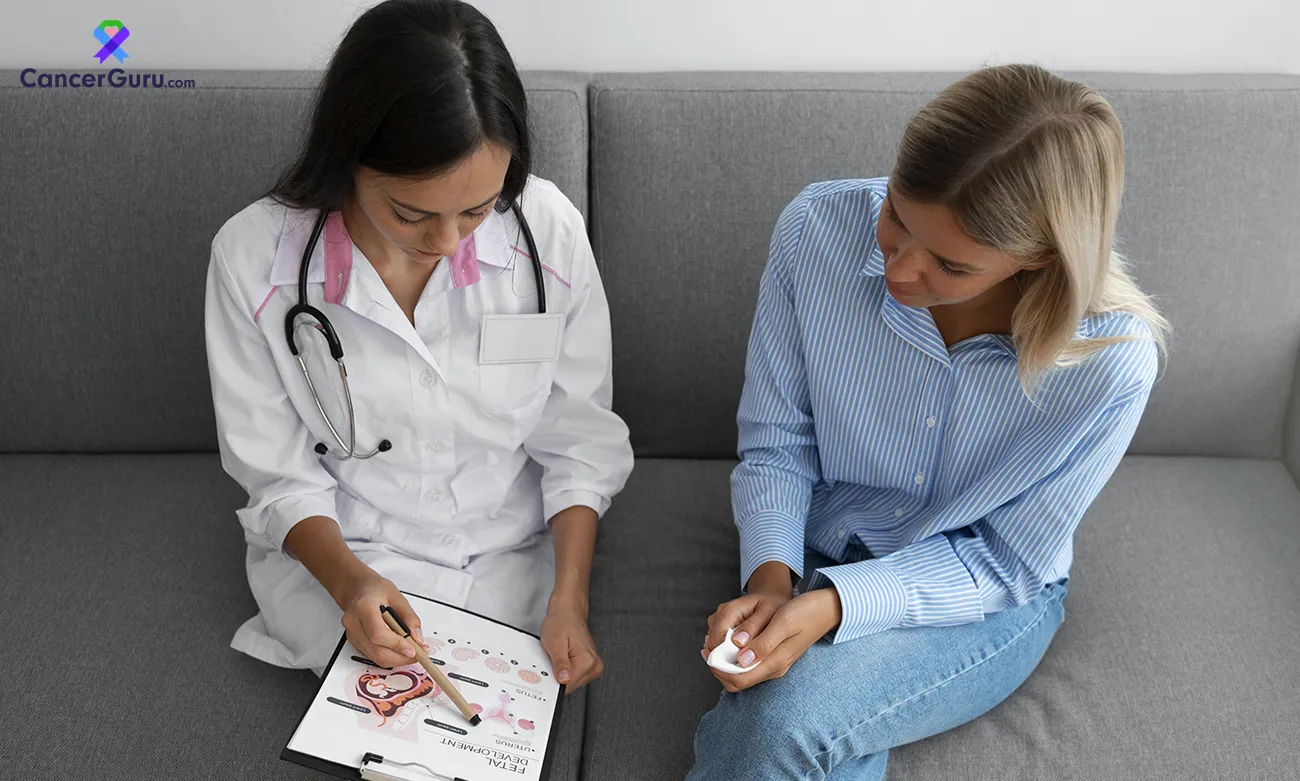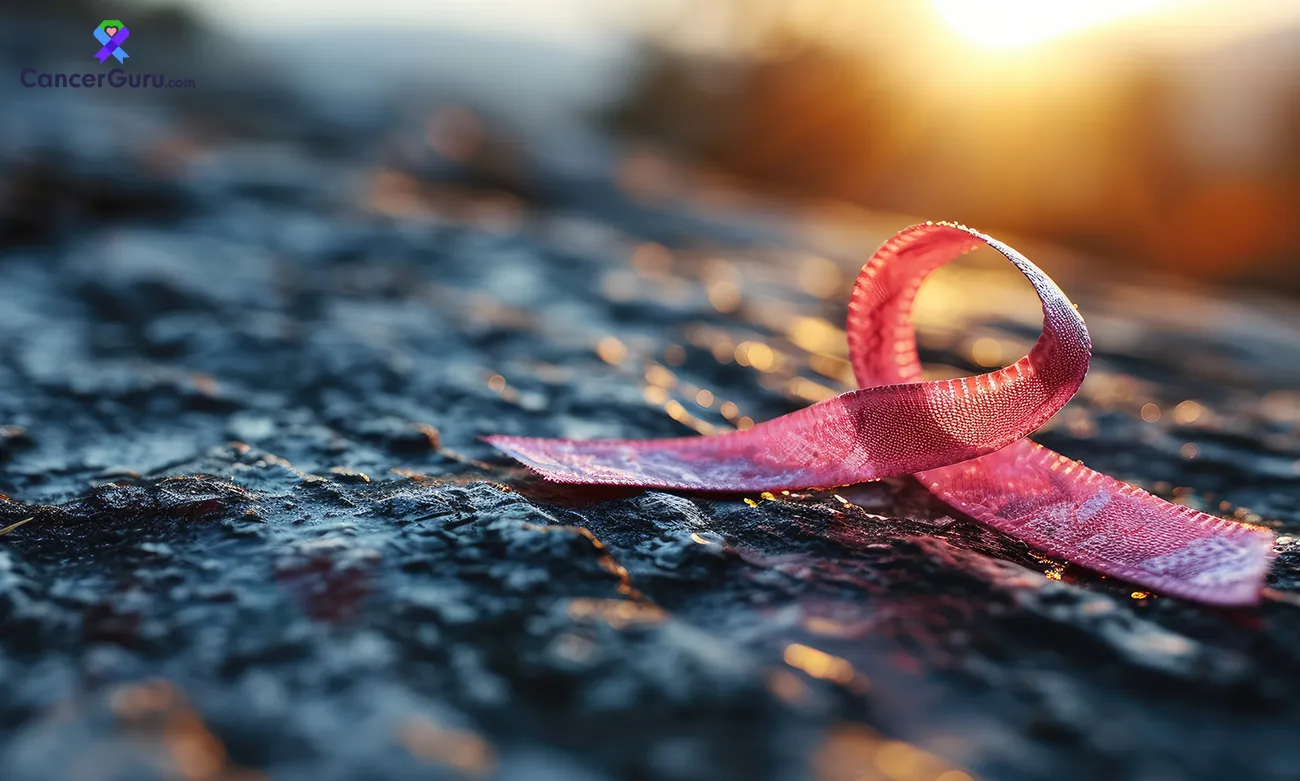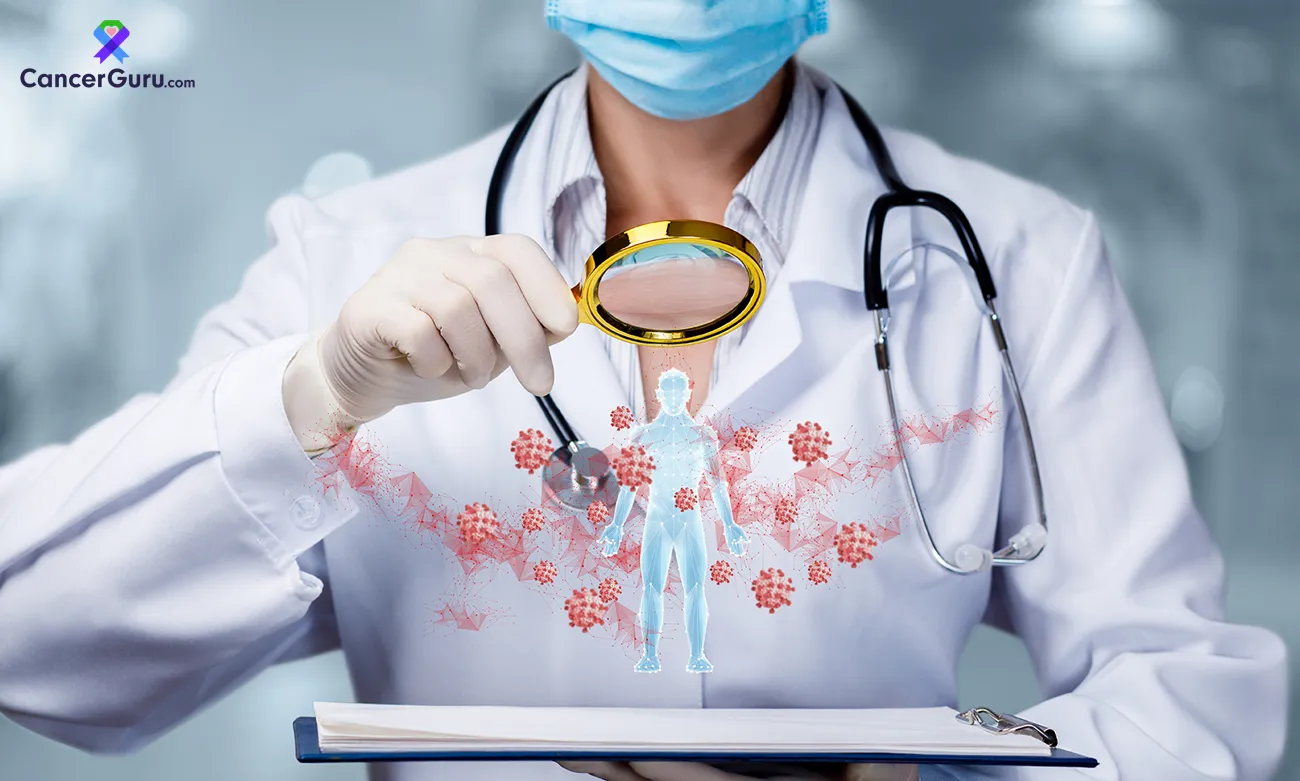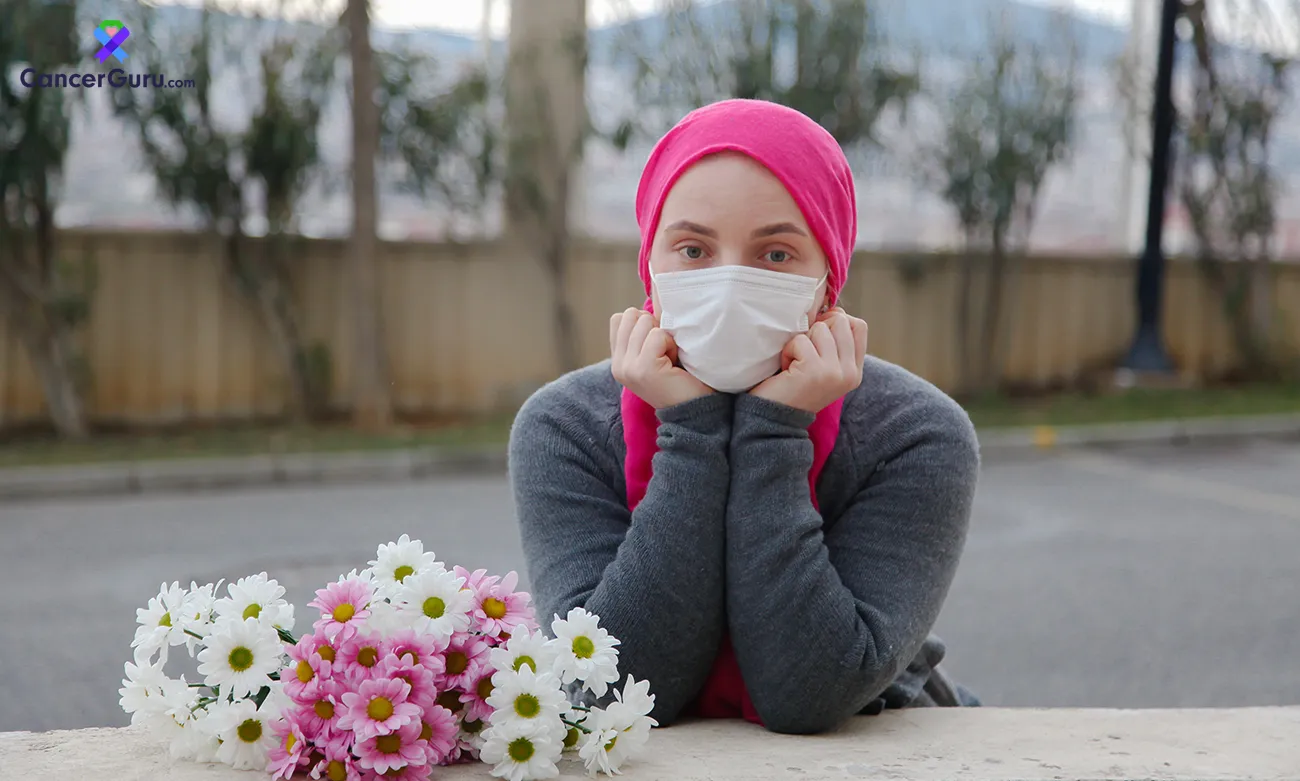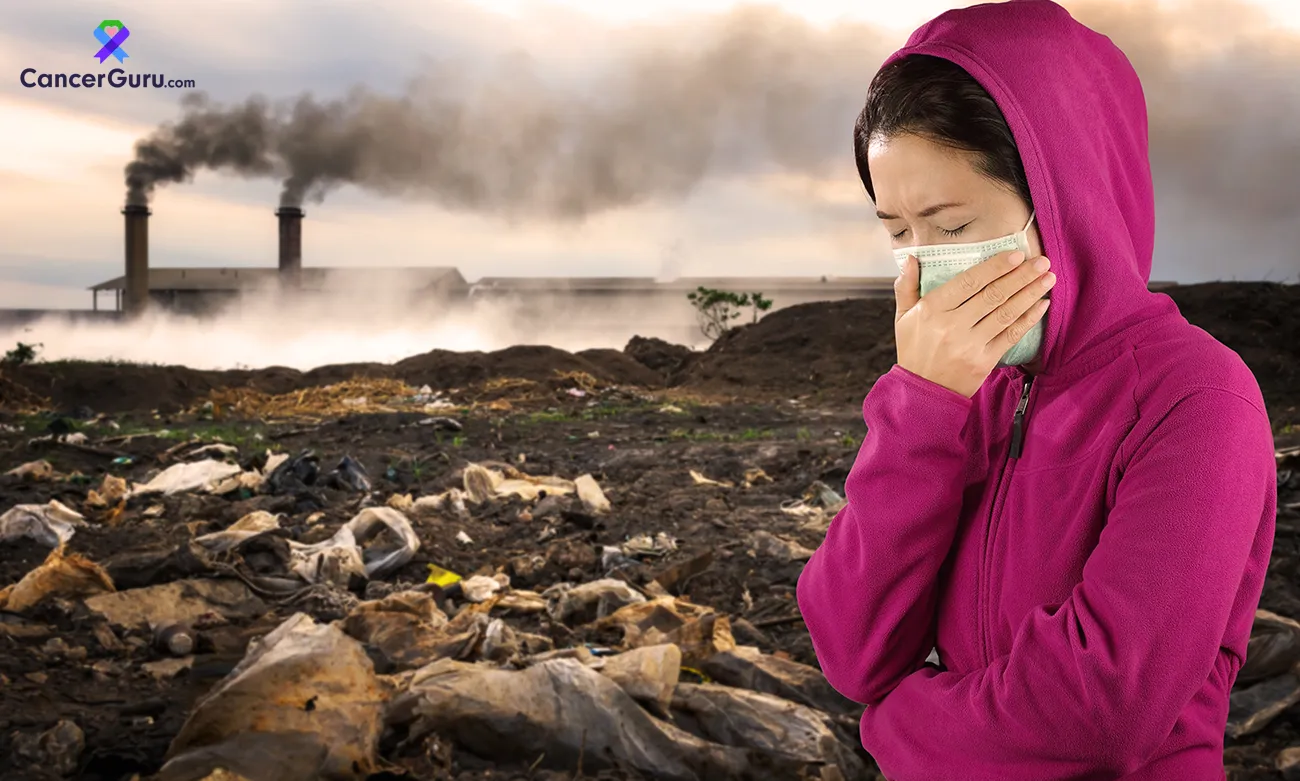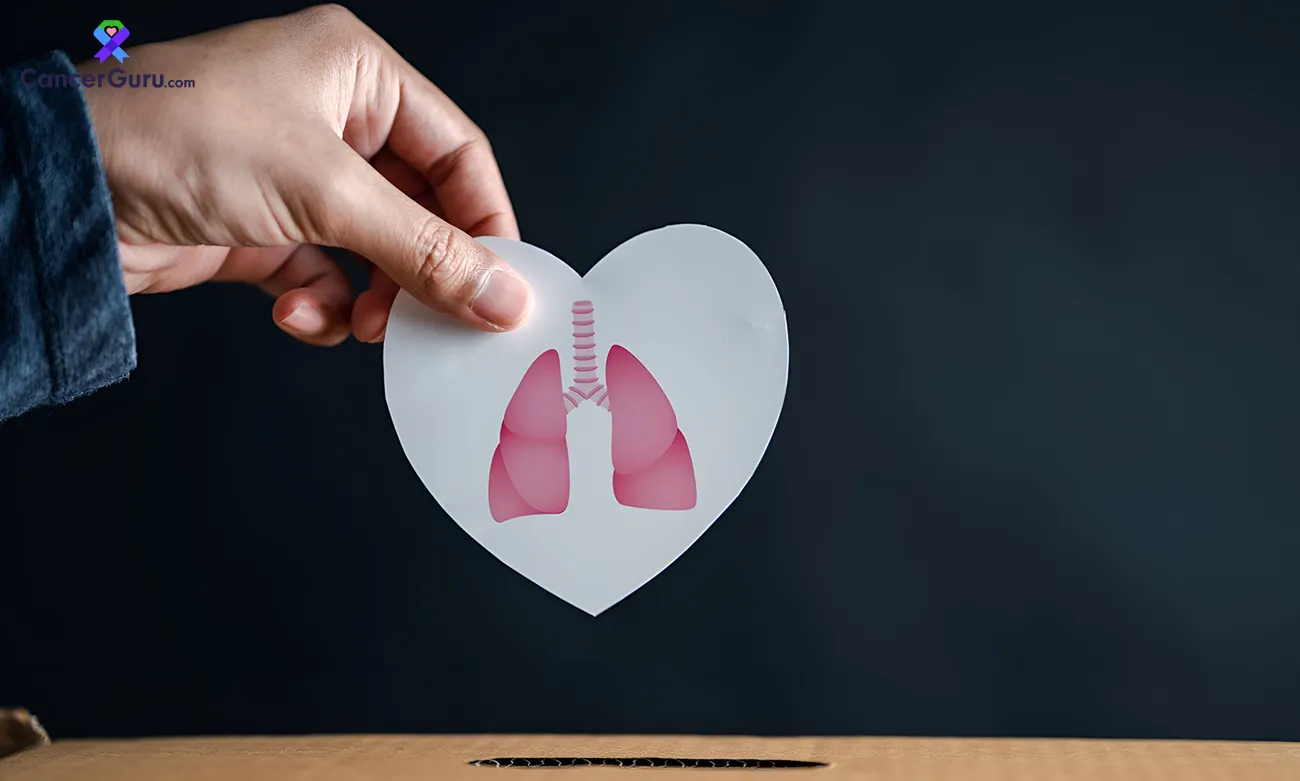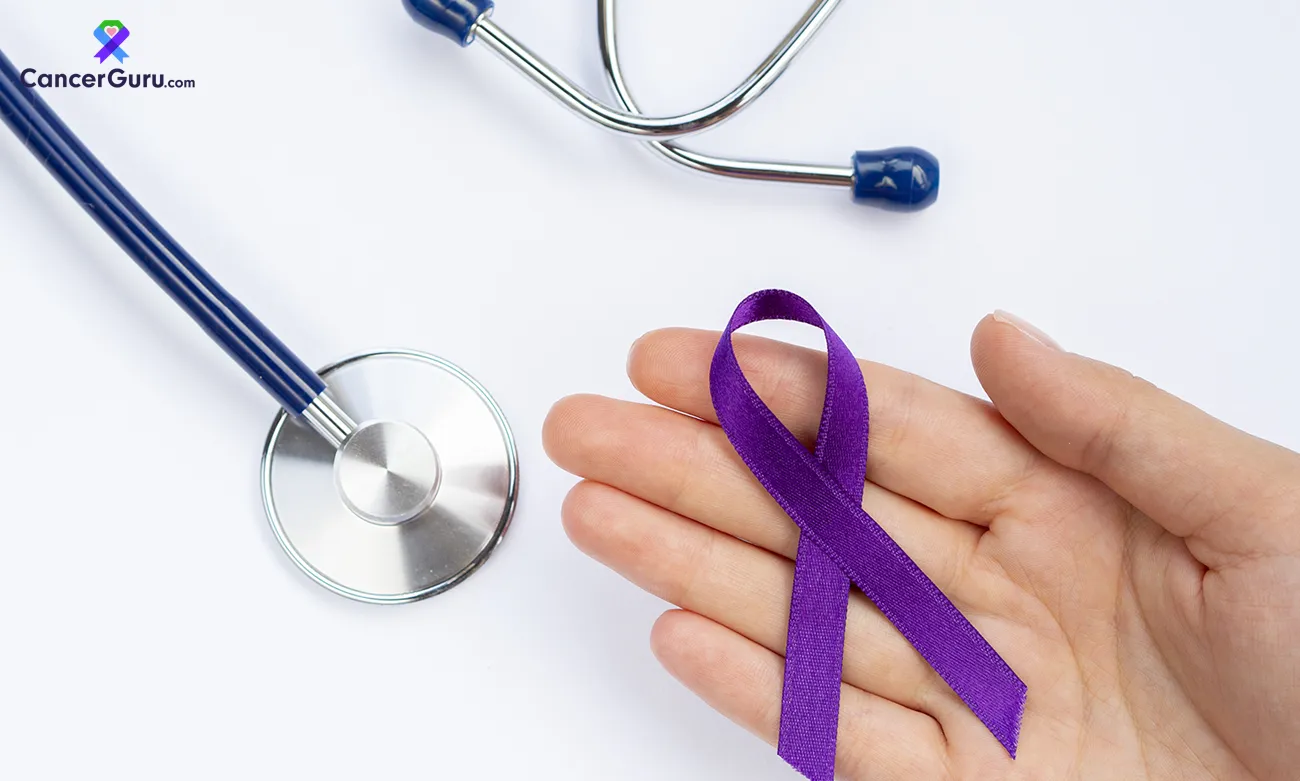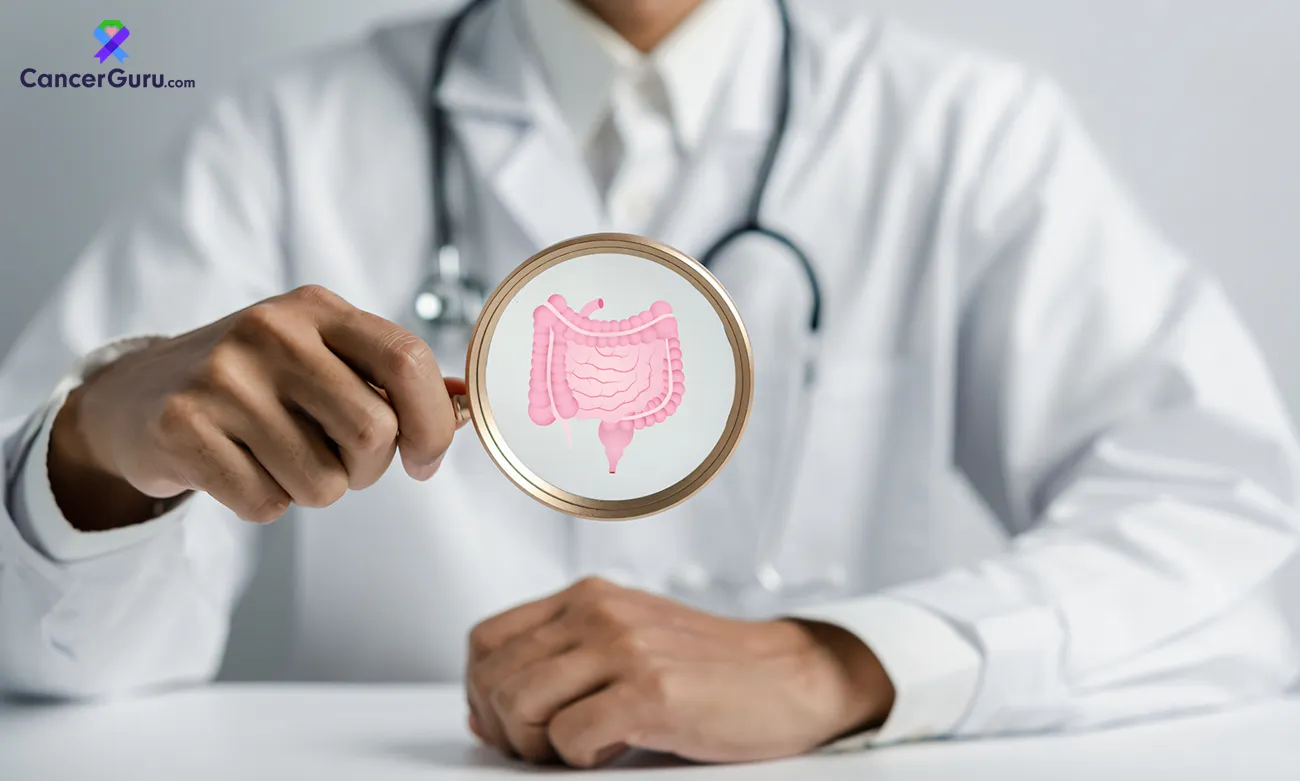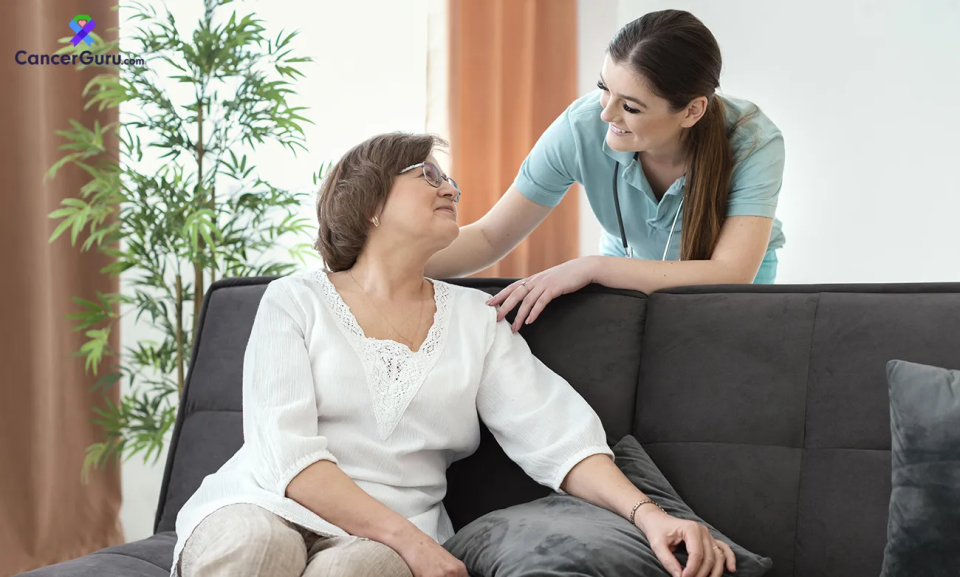- Email: [email protected]
- Contact: +1 (407)581-9000
Breast Cancer Survivor Stories: Hope, Strength, and Resilience
October 13, 2025
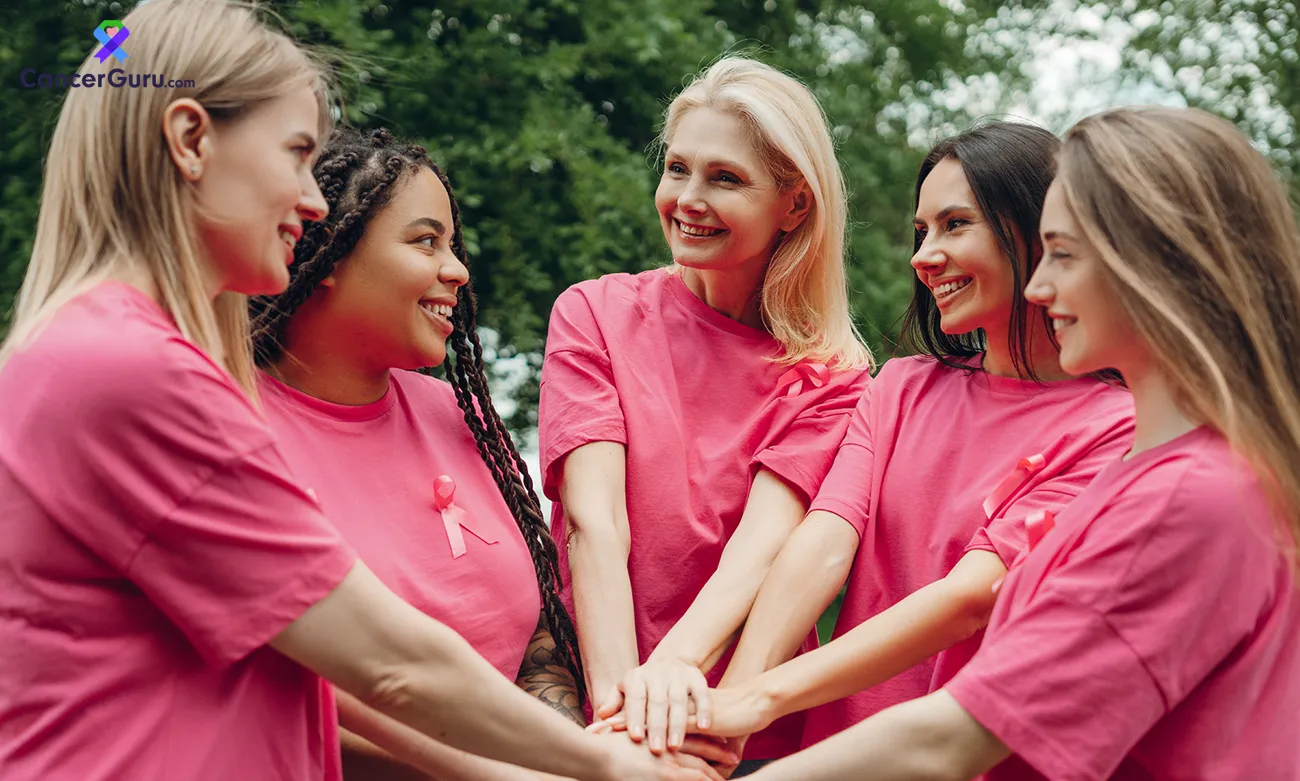
Surviving breast cancer changes how you see life. It’s not just about getting through treatment, it’s about learning to live again, to feel your strength, and to trust your body after everything it’s been through. Every scar, every emotion, and every fear becomes part of a story that’s filled with courage and hope. Strength doesn’t always mean power or energy. Sometimes, it’s a quiet decision to keep moving forward, even when your body feels tired and your heart feels heavy.
This strength grows slowly. It shows up when you wake up on days you’d rather stay in bed. It’s in the smile you give to someone else who’s going through the same thing. It’s every small step you take toward living your life again.
Let’s talk about what that strength looks like, physically, emotionally, and mentally, and the healthy ways to rebuild your life after treatment.
What It Means to Be a Breast Cancer Survivor
Being a survivor doesn’t mean the story is over. It means the chapter has changed. Life after breast cancer brings its own challenges, your body feels different, your mind needs time to recover, and sometimes you’re left wondering what “normal” even means anymore.
But here’s the truth: there isn’t one kind of survivor. Some people feel grateful and positive right away. Others take months or even years to feel at peace again. And that’s okay. The strength of a survivor isn’t measured by how fast you recover, it’s measured by your courage to keep living your life on your own terms.
For many women, the journey brings new appreciation for simple things. A walk outside, a good night’s sleep, time with family, these moments feel deeper and more meaningful. Strength also means forgiving your body for what it’s been through and learning to trust it again.
Healthy Tips for Emotional Healing
- Talk about your feelings. Whether it’s with a counselor, support group, or friend, letting it out helps release emotional pressure.
- Keep a journal. Writing down your thoughts brings clarity and helps track your progress.
- Avoid rushing your recovery. Give yourself time to heal emotionally.
- Practice mindfulness. Breathing exercises or simply sitting quietly can help calm your mind.
- Focus on gratitude. Start with one small thing you’re thankful for each day.
Healing emotionally takes patience. It’s not about forgetting the pain but learning to live fully again despite it.
Building Physical Strength Again
After breast cancer treatment, your body often feels weaker. Surgery, chemotherapy, and radiation can leave muscles sore, joints stiff, and energy levels low. But the body is strong and capable of healing when treated with care and consistency. Rebuilding physical strength doesn’t mean pushing too hard. It means starting where you are and taking steady steps forward.
Even light activity like stretching or walking can improve circulation, boost mood, and slowly rebuild stamina. Over time, as your body adjusts, you can add more movement, gentle yoga, swimming, or strength training with light weights.
What matters most is listening to your body. Rest when you need it, move when you can. Don’t compare your progress with anyone else’s. This is your personal path back to strength.
Healthy Tips for Physical Recovery
- Begin with short walks and increase the distance slowly.
- Try gentle stretching every morning to loosen muscles.
- Include deep breathing exercises to help your lungs and improve relaxation.
- Stay hydrated, water helps flush toxins and supports muscle recovery.
- Eat small, balanced meals rich in fruits, vegetables, and lean protein to help regain energy.
Physical strength doesn’t come overnight. It grows with each step, each stretch, and each day you show up for yourself.
Nutrition and Healthy Eating After Treatment
Food plays a huge part in post-cancer recovery. After treatment, your body needs the right nutrients to repair tissues, support your immune system, and boost energy. Some people lose their appetite or experience changes in taste. That’s normal, your body’s been through a lot. Start with small portions and focus on foods that nourish rather than drain you.
Think of your plate as part of your healing. Fresh fruits, vegetables, whole grains, lean proteins, and healthy fats give your body what needs to be rebuilt. Avoid too much sugar, processed foods, or alcohol, which can slow recovery and affect mood.
You don’t need a strict diet. What matters most is balance. Pay attention to how certain foods make you feel. Eat mindfully, without rushing. Over time, your appetite and energy will improve.
Healthy Tips for Eating Well
- Eat a colorful variety of foods, the more natural the color, the more nutrients
- Include protein in every meal to support muscle repair.
- Choose fiber-rich foods like oats, lentils, and vegetables for digestion.
- Use olive oil, nuts, and seeds for healthy fats.
- Limit processed snacks and sugary drinks.
- If appetite is low, eat smaller meals more often.
Food can be both medicine and comfort. Treat it as part of your daily healing.
Coping with Fatigue and Energy Changes
Fatigue after breast cancer treatment isn’t just being tired, it’s a deep exhaustion that resting alone doesn’t always fix. It can last for months after treatment ends. You may feel fine one day and drain the next. It’s frustrating, but it’s part of the recovery process.
The key is pacing yourself. Balance activity with rest. If you try to do too much too soon, you may end up feeling worse. It’s better to do a little each day and slowly build endurance.
Energy also comes from mental rest, not just sleep. Reducing stress, eating well, and moving your body all help bring energy back over time.
Healthy Tips for Managing Fatigue
- Take short naps during the day if you need them.
- Avoid caffeine late in the day to help your sleep cycle.
- Try gentle movement instead of long inactivity, it can boost circulation.
- Keep a routine. Going to bed and waking up at the same time helps.
- Ask for help with tasks that feel overwhelming.
You don’t have to prove anything by pushing through exhaustion. Strength means knowing your limits and giving your body what it needs.
Body Image and Self-Confidence After Cancer
Breast cancer changes your body, scars, hair loss, or reconstruction can all affect how you see yourself. Many survivors struggle with self-image. You might look in the mirror and feel like you don’t recognize the person staring back. These feelings are real and valid.
But healing also includes learning to love your new self. Your body tells a story of survival and courage. Over time, confidence returns, but it grows best through self-kindness. You don’t need to look the same as before to feel beautiful. You just need to feel like yourself again.
Healthy Tips to Boost Self-Confidence
- Wear clothes that make you feel good about yourself.
- Try new hairstyles or accessories that lift your mood.
- Surround yourself with supportive people who see your beauty inside and out.
- Avoid negative comparisons with others or your past self.
- Consider joining survivor support groups that focus on body positivity.
Confidence after cancer isn’t about perfection. It’s about seeing your worth beyond appearance.
Mental Strength and Positive Thinking
Mental strength is what helps survivors keep going. It’s what gets you through the moments of fear and uncertainty. Life after cancer can bring anxiety about the future, but mental resilience helps keep you grounded.
You don’t need to force positivity all the time, that’s unrealistic. Strength doesn’t mean pretending everything’s fine; it means facing life honestly while still finding hope. Meditation, therapy, and spending time in nature can all help clear your mind.
Healthy Tips for Mental Health
- Practice slow breathing when anxiety hits.
- Limit exposure to stressful news or negative people.
- Create a small morning or evening routine that brings calm.
- Engage in activities that make you laugh or bring joy.
- Seek professional counseling if worries become overwhelming.
Your mind, just like your body, deserves care and attention. Healing is about balance, letting yourself feel, then gently finding peace again.
Staying Active and Building a New Lifestyle
Movement helps rebuild not just the body but also the spirit. Staying active doesn’t mean pushing through pain, it means staying connected to life. Gardening, walking, swimming, or even dancing in your living room can make a big difference.
Exercise helps control weight, lowers stress, and reduces the chance of cancer returning. More than that, it helps you feel strong again, like you have control over your body.
Healthy Tips for Staying Active
- Find an activity you enjoy, so it feels less like a task.
- Exercise with a friend or group for motivation.
- Stretch before and after every session to protect your joints.
- Include both strength and flexibility of workouts.
- Listen to your body, rest when you feel pain or dizziness.
Being active helps your body heal and gives your mind a fresh sense of control.
Building Support Networks
Support is one of the biggest strengths a survivor can have. Friends, family, doctors, or other survivors each play a role in helping you stay grounded. Talking to people who understand what you’ve been through can ease loneliness and fear.
Support isn’t just emotional. It can also be practical, rides to checkups, meal prep help, or just company on hard days. You don’t have to face everything alone.
Healthy Tips for Building Support
- Join local or online breast cancer survivor communities.
- Stay in touch with your care team for ongoing checkups.
- Let friends know how they can help, people often want to but don’t know how.
- Spend time with people who make you feel calm and valued.
- Volunteer or mentor new survivors, helping others strengthen your own healing.
Community gives survivors strength to keep going even when the road feels long.
Rediscovering Joy and Purpose
After surviving cancer, life can feel both new and uncertain. Many people find themselves rethinking what truly matters. You might develop new passions, hobbies, or dreams. Some survivors start writing, painting, or helping others. Others find joy in small things like morning walks or time with loved ones.
This stage isn’t about going back to your old life, it’s about building a new one that feels meaningful to you. That’s the real strength of a survivor: finding joy again after pain.
Healthy Tips to Find New Purpose
- Try something new, a hobby, a skill, or volunteering.
- Set small, realistic goals that give you motivation.
- Reflect on what truly makes you happy.
- Spend more time outdoors to refresh your mind.
- Celebrate small victories, no matter how minor they seem.
Rediscovering joy is part of healing. It’s proof that life after cancer can be full, rich, and deeply satisfying.
Words of Hope for Every Survivor
Every breast cancer survivor carries a story that’s powerful and unique. The road may have been hard, but your strength brought you through. You’ve faced fear, pain, and uncertainty and still found ways to move forward. That’s a strength beyond words.
Your story might inspire someone else. Your courage could be the light another person needs when they’re struggling. Healing never really ends, it keeps unfolding as you learn, grow, and rediscover life.
Each day you wake up, breathe, and choose to live again, you prove what real strength looks like. It’s not in perfection or control, it’s in patience, resilience, and faith in yourself.
Final Thoughts
Breast cancer changes you, but it also shows you the depth of your courage. You become stronger, wiser, and more compassionate, not just for others, but for yourself. Life after treatment isn’t easy, but it’s real, and it’s yours to shape.
Keep listening to your body, caring for your mind, and filling your days with love and gratitude. Strength isn’t something you find, it’s something you build, one moment at a time.
Image Credit: TriangleProd at FreePik
Ratings and reviews
-
No comment (10 Nov 2025)

